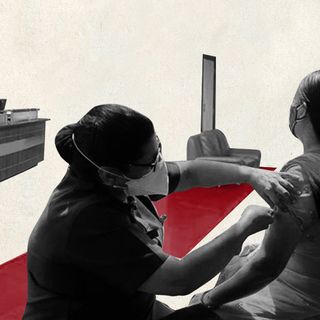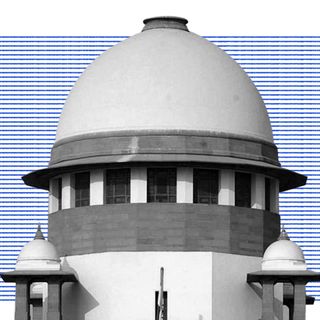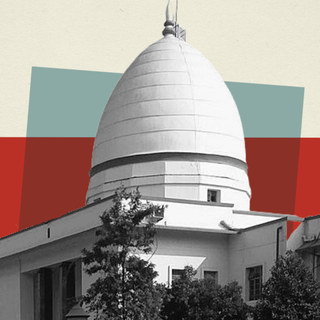Almost 140 children were abandoned, 1,742 children were orphaned, and 7,464 have lost at least one parent to the Covid19 pandemic since March 2020, according to data by the National Commission for Protection of Child Rights (NCPCR).
The data was obtained in response to a Supreme Court hearing on child welfare, in which the apex court directed states and union territories to enter information pertaining to the number of children affected by the pandemic since March 2020 on a digital portal set up by the NCPCR.
This information is particularly relevant in light of misperceptions around legalities of adopting abandoned or orphaned children. Without a mechanism for states to furnish these numbers and keep track of the children, there have been concerns about the vulnerability of children to illegal adoption rackets and trafficking.
Although the adoption process involves a lengthy procedure of background checks, counseling of prospective parents, and visits to their extended families, social media posts and WhatsApp messages have been illegally circulating dubious calls for adoption without verifying the details of the child in question. Experts say the real number could be much higher — due to limited tracing and record keeping.
Related on The Swaddle:
Chhattisgarh Govt to Fund Education of Children Who Lost Parents to Covid19
Children have also become more vulnerable to child marriage and child labor in the pandemic, owing to the loss of primary earners in the family. Activists have demanded immediate measures from states to take children into their care in the absence of legal guardians and to provide support measures to single parents who have lost their partners to the pandemic.
The central government recently announced a relief package for children who have lost their parents or guardians to Covid19, to be accessed through the PM Cares Fund. As per this scheme, the government will offer a corpus of ten lakh rupees to support children once they become majors, disbursed in monthly installments for five years.
For children below 18, the fund will support admission into government and private schools up to the higher secondary level, in accordance with the Right to Education Act. Due to the ambiguity around the particulars of the scheme, the Supreme Court on Tuesday directed the Centre to furnish more details regarding its modalities, such as identification of beneficiaries, implementation mechanisms, and so on. At present, the only details available on the scheme are contained in a press release, but the scheme itself has not been made publicly available.
The concerns about implementing the scheme and identifying beneficiaries are pressing owing to the fact that many children may not possess identification documents, such as Aadhar or ration cards. Almost 38% of children below 5 years of age don’t have birth certificates, which poses challenges in school admissions despite the provisions of the Right to Education Act. Further, many Covid-19 related deaths have gone unregistered, and it is unclear whether surviving children in these circumstances have been accounted for in the data provided by the states.
Recently, several organizations — including Child Rights and You (CRY) — released a joint statement calling for the immediate suspension of the Foreign Contributions Regulation Act (2010) regulations, which have been causing bureaucratic bottlenecks for foreign donations through NGOs and civil society groups. The statement also cited the regulations to be responsible for the diversion of resources and funds away from “urgently needed relief.”
“At a time of historic need, the sector is paralyzed by the increased burden of regulatory compliance,” read the statement.




